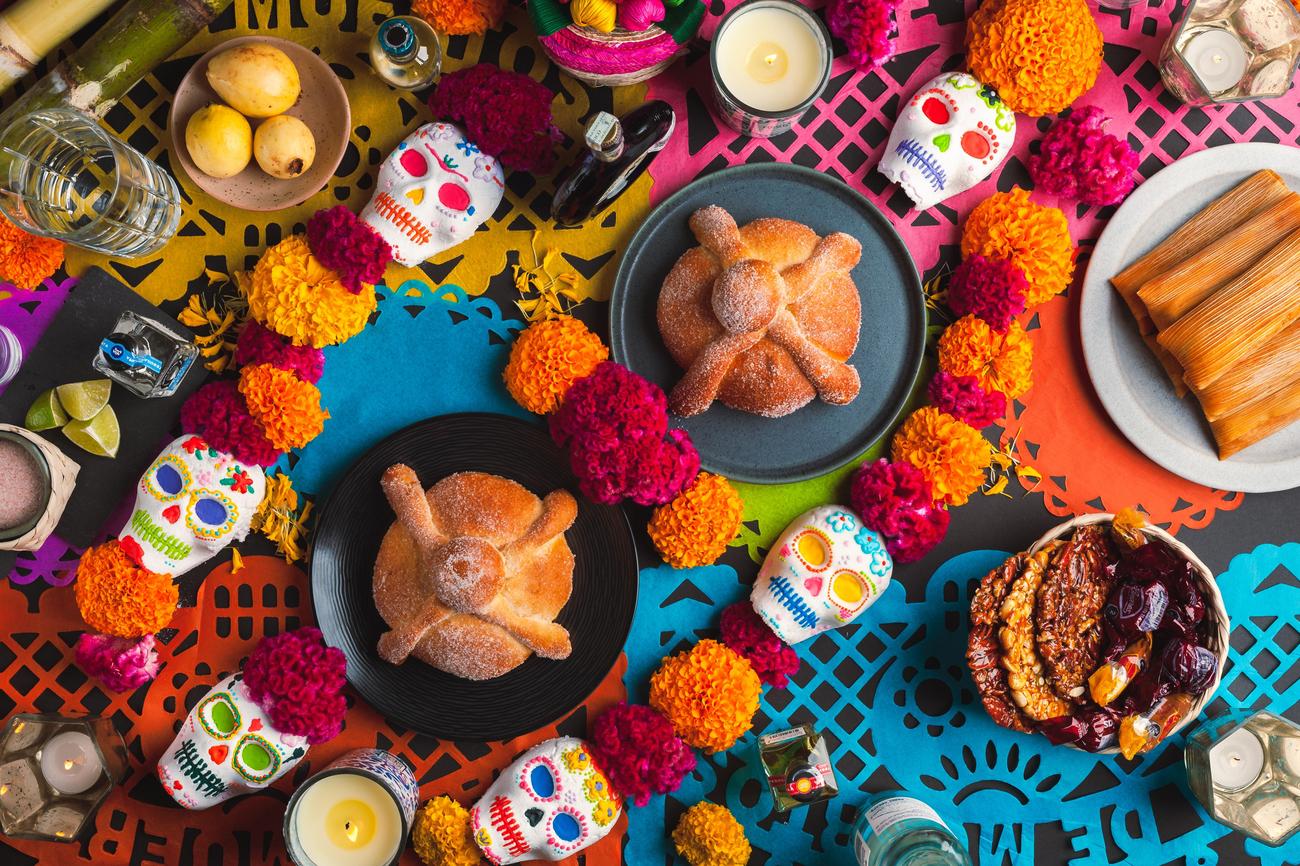Prepare your taste buds as we embark on a journey through time, exploring the rich and diverse history of tamales. In this article, we will delve deep into the fascinating world of culinary traditions, unearthing the hidden stories behind the beloved tamale. From ancient civilizations to modern-day societies, tamales have left an indelible mark on the tapestry of human culture. Join me as we unravel the historical significance of tamales, shedding light on the profound impact they have had on societies around the world. Get ready to experience the taste of history!

Historical significance of tamales
As a historian and food enthusiast, I am thrilled to peel back the layers of time and delve into the fascinating historical legacy of tamales. These delicious culinary delights hold a profound significance in Mexican and Mexican American cultures, serving as a symbol of unity, celebration, and community. But the story of tamales stretches far beyond modern-day festivities and traditions. It is a tale that intertwines with ancient civilizations and sacred beliefs, offering us a captivating glimpse into the culinary evolution of our ancestors.
Let’s embark on this historical journey and uncover the deep-rooted significance of tamales. Imagine yourself in the bustling markets of pre-Columbian Mesoamerica, where the Aztec, Maya, Olmec, and Toltec civilizations thrived. As you wander through the vibrant stalls, the alluring aroma of corn masa, filled with various savory or sweet fillings, wafts through the air. These are tamales, portable packages of sustenance that were cherished by the people of these ancient cultures.
But tamales were more than just a convenient source of nourishment; they held a sacred place in their belief systems. In the eyes of the Aztecs, Mayans, Olmecs, and Toltecs, tamales were considered the food of the gods, bestowed upon humans as a sacred gift. The process of making tamales was seen as a ritualistic act, honoring both the ingredients and the gods. These corn husk-wrapped delicacies symbolized the union of the earthly and the divine, connecting the people to their spiritual beliefs through the act of preparing and consuming tamales.
As time went on, the cultural tapestry of tamales grew richer, weaving its way through the fabric of Mexican society. Tamales became a staple in Mexican households, particularly during festive periods and national celebrations like Independence Day. The historical legacy of tamales remained alive, passed down from generation to generation, uniting families and communities over generations.
It’s intriguing to consider how ingredients and customs from diverse civilizations shaped the tamales we know and love today. The arrival of the Spanish conquistadors introduced new elements to the tamale-making process, such as pork, beef, chicken, and a variety of spices. This infusion of flavors transformed Mexican cuisine, resulting in the mouthwatering array of tamales we savor today.
“The history of tamales is one of cultural exchange and adaptation, showcasing the vibrant mosaic of Mexican cuisine.”
Through the ages, tamales have witnessed the ebb and flow of societal transformations, bridging cultural divides and acting as a testament to resilience and endurance. They have become a link to our heritage, a way to honor our ancestors, and a means to pass on traditions to future generations.
So, next time you savor a steaming hot tamale, take a moment to appreciate the rich historical significance behind it. Reflect on the labor of love encapsulated within its humble wrapping. Taste the flavors that have withstood the test of time and recall the stories of civilizations that cherished tamales as a gift of the gods. With each bite, you partake in a culinary tradition that connects us to our roots and celebrates the resilience of diverse cultures.
In conclusion, the historical significance of tamales encompasses much more than just a delicious dish. It is a tangible bridge to the past, carrying with it the stories, traditions, and cultural transformations that have shaped our world. Through tamales, we can savor the flavors of history and honor the diverse communities that have contributed to their culinary evolution. So, let us embrace these savory parcels and embark on a journey through time, unearthing the profound cultural legacy of tamales.
Tamales are a beloved traditional Mexican dish that is sure to tantalize your taste buds. If you’re looking for an authentic Tamales Recipe, look no further! Our tried and true method will have you creating mouthwatering tamales in no time. Just click here for the full recipe: Tamales Recipe

FAQ
Question 1: What is the origin of tamales?
Answer 1: Tamales have their roots in the pre-Columbian era, specifically in civilizations such as the Aztec, Maya, Olmec, and Toltec. They have been a staple in Mexican and Mexican American cultures for centuries.
Question 2: What is the significance of tamales in Mexican culture?
Answer 2: Tamales hold great cultural significance in Mexican culture. They are strongly associated with themes of unity, celebration, family, kinship, and community. Tamales are often enjoyed during festive periods and national celebrations like Independence Day.
Question 3: Were tamales considered sacred?
Answer 3: Yes, tamales held a sacred status among ancient civilizations. They were seen as the food of the gods and were used in ritual ceremonies. Tamales played an important role in religious practices and symbolized divine sustenance.
Question 4: How have tamales evolved throughout history?
Answer 4: Over time, tamales have evolved and integrated into various civilizations and cultures. While the basic concept of corn dough and filling wrapped in a corn husk remains, different regions have developed unique variations with diverse ingredients and cooking techniques.
Question 5: Do tamales have a lasting impact on Mexican cuisine today?
Answer 5: Absolutely! Tamales continue to play a significant role in Mexican cuisine and culture. They are considered a beloved staple in many households and are cherished as a symbol of tradition, heritage, and culinary excellence.
















